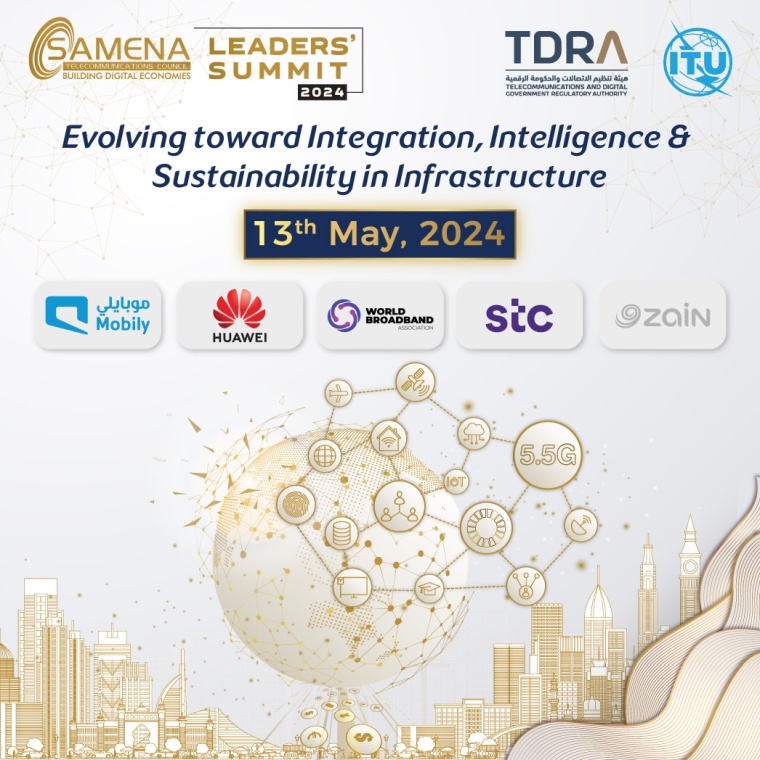The United Nations Economic and Social Commission for Asia and the Pacific (ESCAP) is leading an effort to build a terrestrial information superhighway in the region that will increase the availability of international bandwidth and lower its prices in 32 member countries.
The proposed information superhighway will be the world's longest optical fibre connectivity along the 143,000-kilometre Asian highway.
The member countries have also agreed to develop a master plan covering both policy and technical aspects of the Asia-Pacific Informa-tion Superhighway, ESCAP, the UN development arm for the Asia-Pacific region, said in a statement.
The initiative is aimed at connecting each country's backbone network and integrating them into a cohesive land- and sea-based fibre infrastructure.
Asia-Pacific nations agreed to set up a working group to develop principles and norms for the regional ICT network at the fourth session of ESCAP's ICT committee, which closed in Bangkok last week.
The biggest barrier to any new infrastructure is cost, but the actual expense of fibre optic materials and conduits are almost negligible, Shamshad Akhtar, executive secretary of ESCAP, said in the statement.
The real challenges are the labour costs of excavation, the costs of securing rights of way, especially across borders, as well as the implicit costs of disruptions and delays in the areas under construction, she said.
By encouraging the building of ICT infrastructure along the transport networks, countries that need it most can significantly reduce these construction charges, Akhtar said.
Aside from cost savings of up to 80 percent, this 'dig once -- use many times' approach expands and diversifies the revenues generated by infrastructure construction: a win-win for governments, private sector investors and newly-connected communities, she said.
Currently, less than 15 percent of the population in developing Asia and the Pacific has access to high-speed internet and the situation is even worse in least-developed and landlocked countries, where inexpensive and reliable internet is almost non-existent, according to Akhtar..
SM Ashraful Islam, executive director of Bangladesh Computer Council, who also participated in the session, said once the backbone is built, Bangladesh will have the potential to become the transcontinental networks' hub.
The meshed backbone network will provide wholesale internet bandwidth at a lesser cost, said Abu Saeed Khan, senior policy fellow of LIRNEasia, a Colombo-based ICT think-tank.
Khan unveiled the concept of building the information superhighway during a meeting of ESCAP in Colombo in 2012. It prompted the UN body to study the state of broadband and international connectivity across South Asia, Southeast Asia, Central Asia and Russia. Subsequently, LIRNEasia has reviewed the studies and prepared a policy brief for ESCAP.
At the Bangkok meeting last week, both the ICT and transport departments of ESCAP have agreed to take the project forward, Khan said.
While attributing to Bangladesh, the senior policy fellow said fibre along the country's portion of Asian Highway will have four transit points on the Indian and Myanmar borders. It will phenomenally boost the country's resilience in terms of international telecommunication connectivity, he added.
The international terrestrial cable operators will also enjoy greater options to trade international bandwidth beyond Bhutan and Nepal, he said. “The terrestrial information superhighway will also inject invaluable route-diversity to the current and future submarine cable systems of Bangladesh.”
Khan said international internet bandwidth is up to six times cheaper in Europe, as the countries are terrestrially connected with each other. Asian countries are, on the contrary, interconnected exclusively through submarine cables. High costs of deploying and maintaining the subsea systems are therefore reflected in exorbitant wholesale bandwidth prices, he said.
All Asian countries are experienced in deploying and maintaining terrestrial optical fibre cables; it will be business as usual for developing Asia to build the backbone, Khan said.
The Bangladesh government must take the issue seriously and both the communication and the telecom ministry should work together, as a high price of internet is the main obstacle to materialising a Digital Bangladesh, added Khan.
Source: http://www.thedailystar.net/un-body-joins-effort-to-build-asian-info-superhighway-47105
